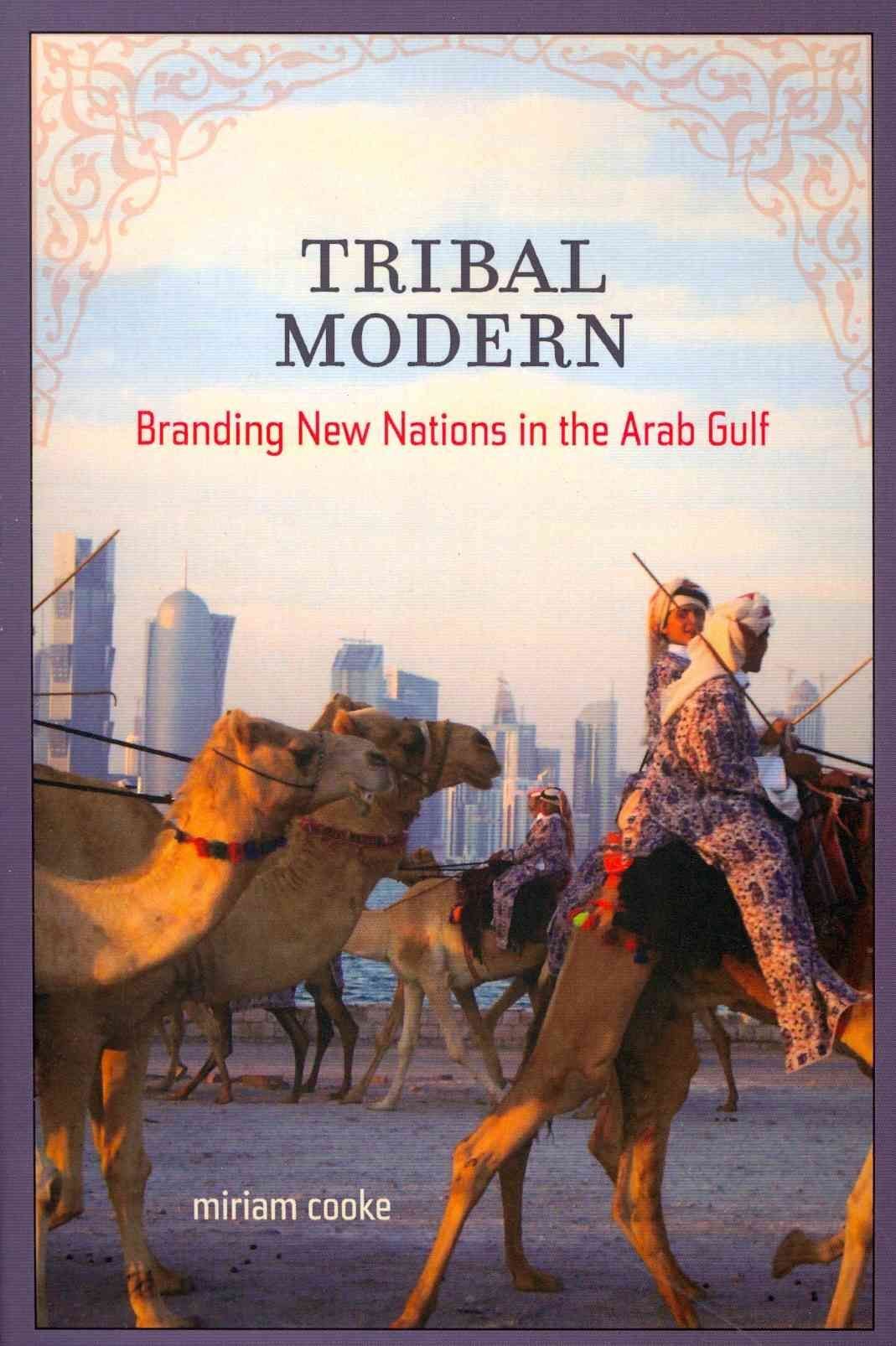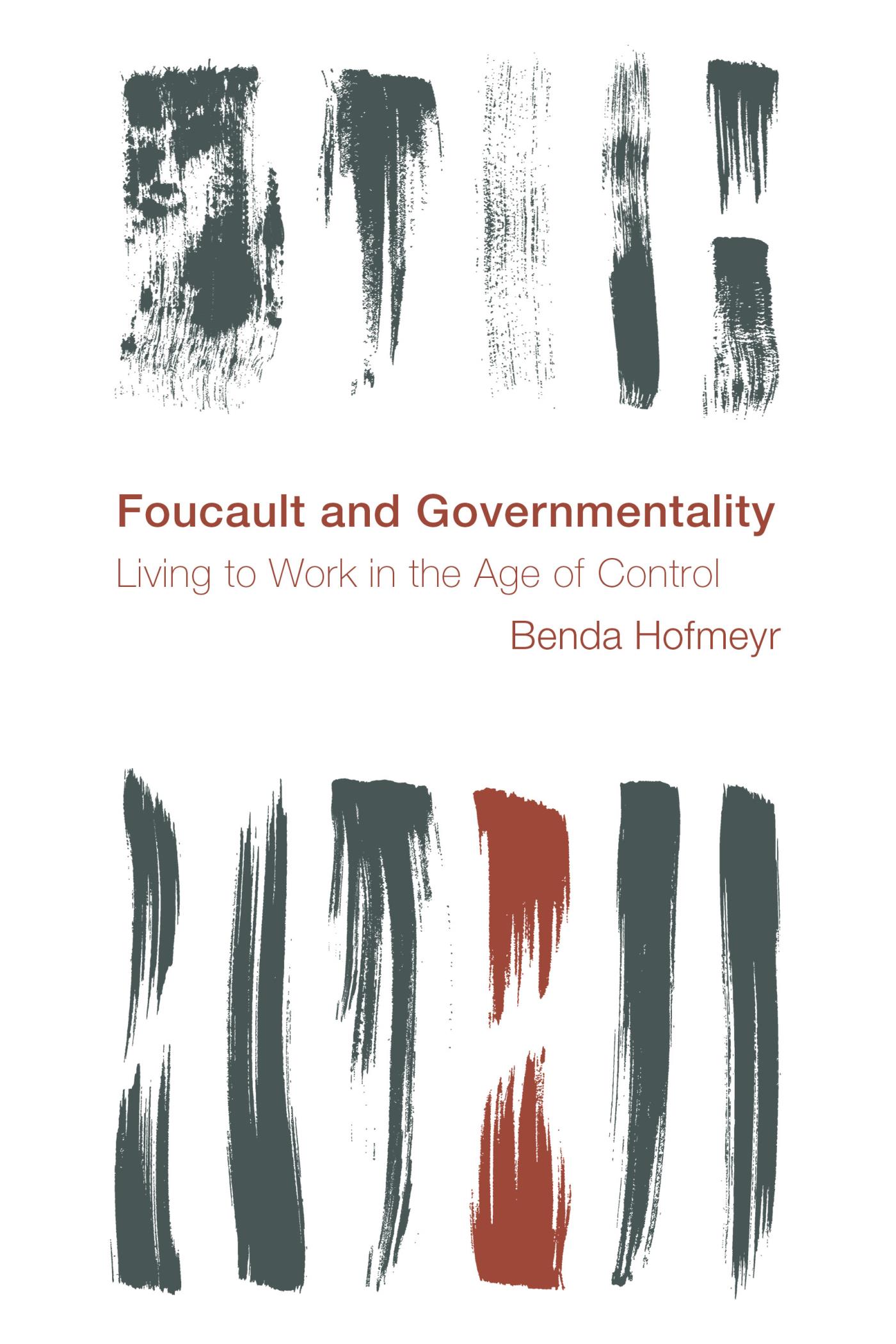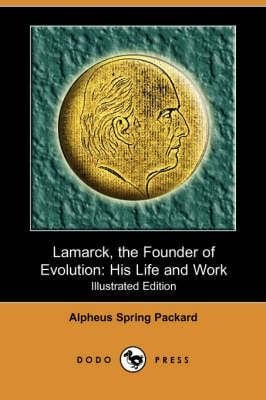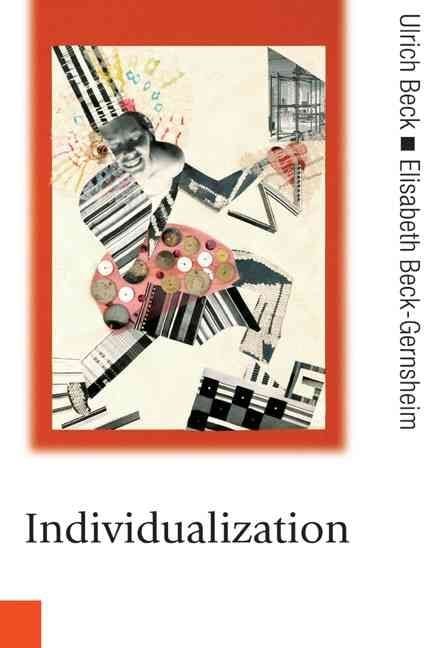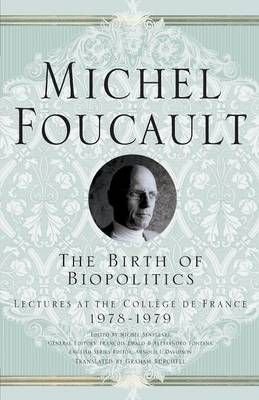Tribal Modern analyzes what is most distinctive about Arab Gulf culture over the past 15 years and how this culture shapes distinctive national identities. It highlights the tribal as the decisive element in modern Arab Gulf culture and identity. The question incredulous outsiders ask is: how could fishermen, pearl divers and pastoral nomads catch up with the rest of the modernized world? Observers remain skeptical about the apparent clash between the modern and the backward tribal. But in these newly rich desert societies different meanings attach to the tribal generally coded non-modern. Tribes here are not primitive; they are the instruments and symbols of identity for hypermodern Gulf societies. Nationals make claims based on a newly imagined tribalidentity that entitles them alone to the rights and privileges of modern citizenship. Tribal Modern explores the interweaving of the tribal and the modern into a national brand. Structural, performative and cognitive, the brand is being built into heritage and fantasy architecture; it is performed in neo-tribal sports, dress codes and language, especially neo-Bedouin poetry contests. The tribal signals a new aristocratic identity in the anonymity of 21st century globalization. The tribal in the Arab Gulfstates is a fundamental and constitutive part of the modern. The tribal modern shapes a national brand to project political power abroad and prestige at home. Most studies of these new, mega-rich countries come from the social sciences. Tribal Modern looks at cultural indices of local self-assertion. It provides a cultural analysis of Gulf Arab social formation that examines the intersection of race, class and gender–
